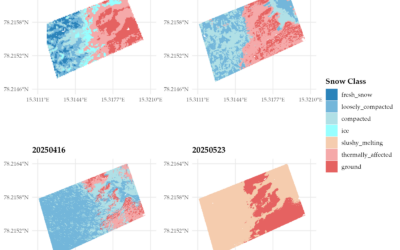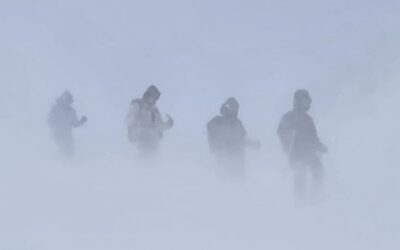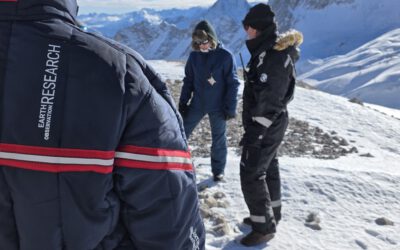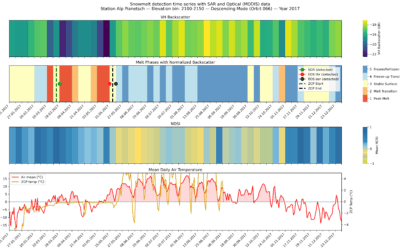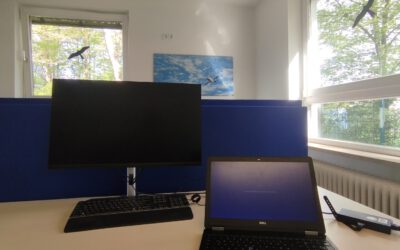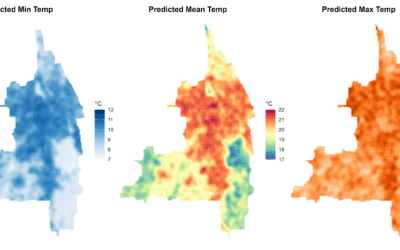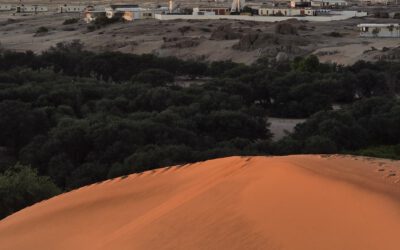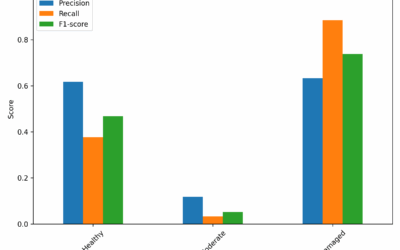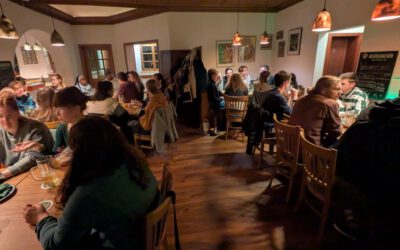On Friday, March 11th at 9am Sofia will present her M.Sc. thesis “Estimating socioeconomic variables in Bolivia using satellite-based nighttime light images and electricity consumption data”. From the abstract: “The lack of up-to-date data on socio-economic parameters in Bolivia hinders the development of poverty reduction strategies and social programs at sub-national levels. Many approaches have been suggested to fill the data gaps, including household surveys and proxies such as electricity consumption and mobile phone ownership. As these approaches showed problems with data accessibility or high costs, this thesis proposed using nighttime light (NTL) radiance as a proxy of electricity consumption (EC) and socio-economic indicators. NTL has the advantage of being publicly available at relatively high temporal and geographical granularity. We examined the suitability of linear regression models to predict EC and poverty from NTL radiance for Bolivian municipalities. Our results show that a moderate correlation exists between the variables. We used our models to map poverty rates in the municipalities of Bolivia. Besides, we conducted change detection and time-series analysis and compared them to other socio-economic indicators. The monthly time-series analysis allowed us to model harmonic curves showing a periodicity on the mean NTL, related to population density. On the other hand, we could not find an association between the changes of NTL per capita and GDP per capita. Our results are intended to complement data obtained from traditional sources and fill data gaps for a better understanding of the municipalities’ economic dynamics. It could also be a good resource to track the effectiveness of the strategies for poverty reduction at the local level and lay the groundwork for more robust research in the region. However, socio-economic indicators represent complex realities. Therefore, we must take these results with caution to avoid overgeneralizing or oversimplifying the poverty dynamics in Bolivia.”
supervisors: PD Dr. Hannes Taubenböck, MSc. Oana Mihaela Garbasevschi


